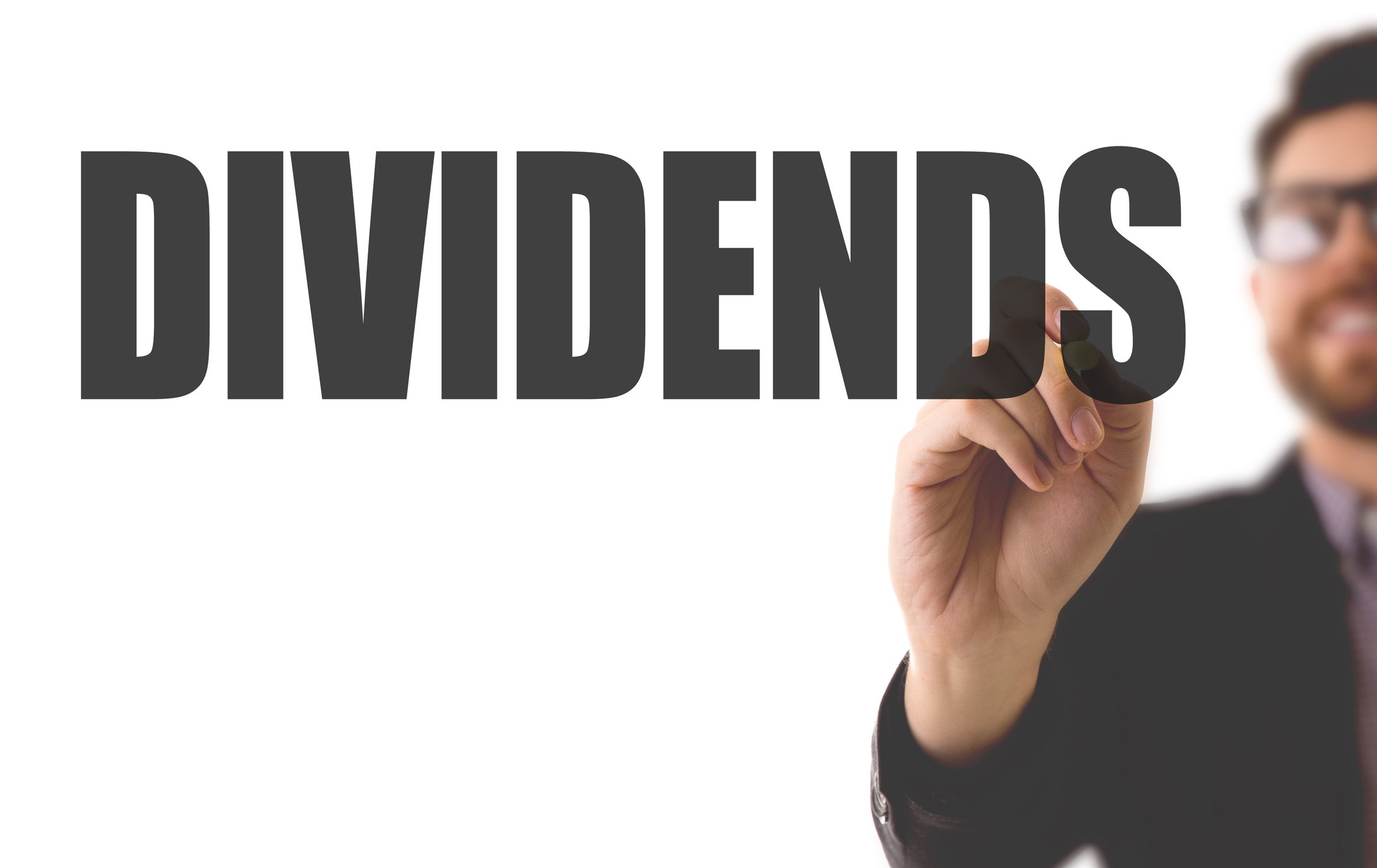Typically when companies forecast lower sales or profits, their stocks usually take a hit. It's not always easy to tell whether it's having a fire sale or burning down its house. Maybe it is time to get out -- or maybe it's time to buy more!
Unlike a number of its peers, pharmaceutical giant Pfizer (PFE +2.03%) already ran off the patent cliff. While the big one was the loss of Lipitor's patent protection, over the course of the past year Pfizer's also lost protection on Caduet, Benefix, and Revatio, drugs whose combined revenues had amounted to several billion dollars annually. One might be surprised then to see the big run up in its stock prior to its third quarter earnings release earlier this month, as it appreciated 29% in value.
And it's only lost about 6% from the 52-week high it hit in October as it forecast full-year earnings of $2.14 to $2.17 per share, well below the $2.12 to $2.22 per share range it had predicted the quarter before. It also now expects the top end of its sales range to fall $1 billion below its previous guidance of $60 billion.
Now don't blindly follow those selling (or buying): You still need to do some research. We'll just use the announcement as a jumping off point for additional research.
Pfizer snapshot
|
Market Cap |
$178.5 billion |
|
Revenues (TTM) |
$60.7 billion |
|
1-Year Stock Return |
36.5% |
|
Return on Investment |
5.9% |
|
Estimated 5-Year EPS Growth |
2% |
|
Dividend and Yield |
$0.88/3.6% |
|
Recent Price |
$24.25 |
|
CAPS Rating (out of 5) |
**** |
Source: FinViz.com.
Like lemmings over the cliff
The strength in Pfizer's shares likely has to do with the fact that it did go over the patent cliff before its rivals. The loss of Lipitor's $10 billion annual contribution has already been factored into the stock (it still bringing in around $4 billion annually). In contrast, Merck (MRK +3.48%) is only approaching the cliff in the next few years, preparing to lose patent protection on about 20% of the revenues its anti-infectives division generates. Abbott Labs (ABT 0.03%) will go over after 2016 when rheumatoid arthritis treatment Humira, which contributes about $10 billion annually, loses protection. Eli Lilly (LLY +2.76%) and AstraZeneca (AZN +0.00%) also face particularly steep losses when their headline drugs reach the cliff.
For others, it's more of a "patent slope." Johnson & Johnson (JNJ +2.22%) has years to go yet, and GlaxoSmithKline (GSK +1.70%) will also see only a gradual loss of protection.
A rich bench
Yet like a number of its peers, Pfizer also has a deep drug pipeline that, while not replicating the success it enjoyed with Lipitor, does go a long way to ameliorating some of the worse effects of losing patent protection with worldwide sales of Enbrel, Celebrex, and Lyrica coming in strong. And it just got approval in Europe for blood-thinning drug Eliquis that it's developed with Bristol-Myers Squibb (BMY +1.87%).
At 10 times earnings estimates Pfizer offers a discount to Merck, J&J, Abbott, and Bristol-Myers, which are all valued higher, but more attractive is its enterprise value that goes for just 12 times its free cash flow making its current price a bargain. With the bulk of its patent cliff crisis behind it, a strong portfolio of drugs ahead, and an enticing current valuation I'd find any weakness in its share price an opportunity to buy.
Let me know in the comments box below if you think concerns about the patent cliff as it relates to the pharmaceutical giant is more making a mountain out of a molehill.





